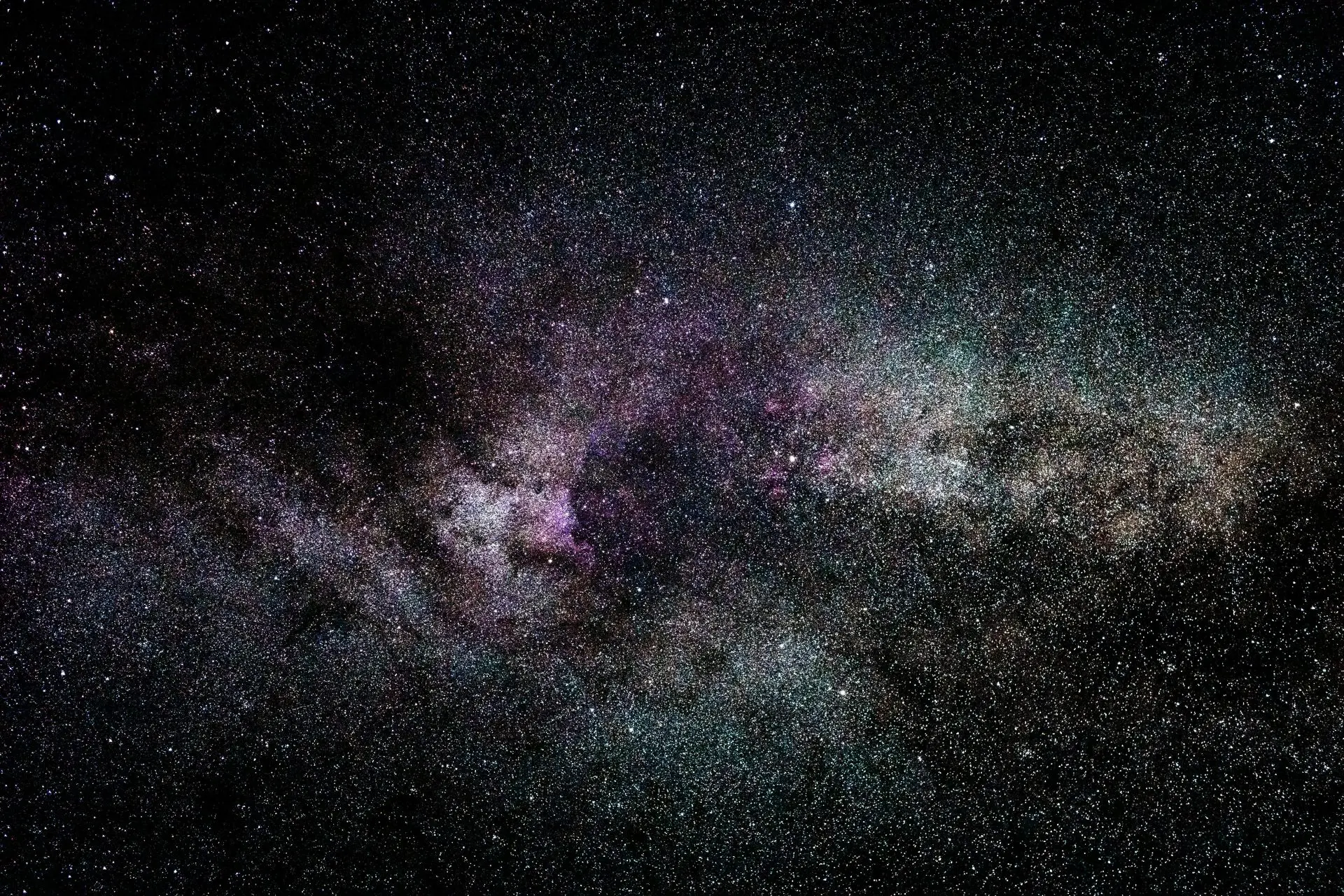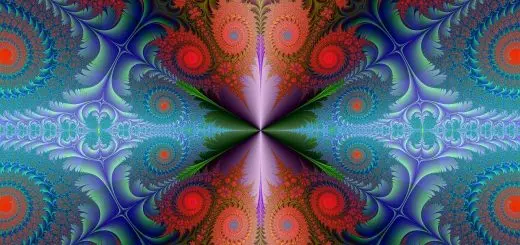Taoist Deities: Gods and Celestial Beings

Looking for more amazing products? Check out our online store and explore our collection here! Happy shopping!
Before diving in, please note: This post is for informational purposes only. If you’d like to know more about how we approach topics, feel free to check out our friendly Disclaimer Page.
Hey there, amazing readers! 
We’re committed to delivering quality posts, and your support (even just sticking around despite the ads) means everything to us. So, bear with us, and thanks for helping us keep the good vibes rolling. Now, on to the fun stuff!
TRANSLATE BUTTON AT THE END OF THE ARTICLE
Introduction to Taoist Deities
Taoism, also known as Daoism, is an ancient Chinese philosophy and religion that emphasizes living in harmony with the Tao, the fundamental nature of the universe.
In Taoism, there is a rich pantheon of deities, gods, and celestial beings that are venerated and worshipped by practitioners.
These deities play various roles in the Taoist cosmology, ranging from rulers of heaven and earth to protectors and guardians of humanity.
Understanding the hierarchy and significance of Taoist deities is essential for practitioners seeking spiritual guidance and blessings in their lives.
The Pantheon of Taoist Gods
The pantheon of Taoist gods is vast and diverse, with each deity having a specific domain of influence.
From the Three Pure Ones who oversee the three realms of heaven, earth, and humanity to the God of Wealth who brings prosperity and abundance, Taoist gods represent different aspects of the natural world and human existence.
The pantheon also includes celestial beings such as the Queen Mother of the West, who is associated with immortality and longevity, and the Kitchen God, who watches over the hearth and family affairs.
Celestial Beings in Taoism
Celestial beings are beings who inhabit the celestial realms of the universe and possess supernatural powers and knowledge.
In Taoism, celestial beings play a crucial role in the cosmological order, acting as intermediaries between humans and higher realms of existence.
These beings are often depicted as benevolent and compassionate, guiding and protecting humans on their spiritual journey towards enlightenment and immortality.
Some well-known celestial beings in Taoism include the Eight Immortals and the Four Heavenly Kings.
Deities of Heaven and Earth
Taoist deities of heaven and earth are revered for their role in maintaining balance and harmony in the universe.
Heaven deities are associated with celestial realms and govern cosmic forces such as weather, time, and fate.
Earth deities, on the other hand, are guardians of the natural world and preside over earthly elements like mountains, rivers, and forests.
By honoring these deities through rituals and offerings, Taoist practitioners seek to align themselves with the forces of nature and receive blessings for health, prosperity, and spiritual growth.
The Three Pure Ones
The Three Pure Ones, also known as the Jade Pure One, the Supreme Pure One, and the Grand Pure One, are the highest deities in Taoism.
These three divine beings represent the three realms of heaven, earth, and humanity and are considered the ultimate source of all creation and existence.
The Three Pure Ones are often depicted as wise sages or enlightened beings who guide and protect practitioners on their spiritual journey towards enlightenment and immortality.
Devotees offer prayers and rituals to the Three Pure Ones to seek blessings for health, fortune, and success in life.
The Eight Immortals
The Eight Immortals are a group of legendary figures in Chinese mythology who have attained immortality through their spiritual practices and virtuous deeds.
Each immortal possesses unique powers and characteristics, symbolizing different aspects of the human experience.
The Eight Immortals are revered in Taoism as symbols of longevity, prosperity, and happiness, and are often invoked for protection and blessings in various aspects of life.
Stories of the Eight Immortals are passed down through generations, inspiring practitioners to cultivate virtues and strive for spiritual perfection.
The Four Heavenly Kings
The Four Heavenly Kings are powerful deities who rule over the four cardinal directions and protect the world from evil forces.
These celestial beings are guardians of the Dharma, the teachings of the Buddha, and are often depicted wielding various weapons to ward off malevolent spirits and demons.
The Four Heavenly Kings are venerated in Taoism for their role in upholding moral principles and ensuring the welfare of humanity.
Practitioners seek the blessings and protection of the Four Heavenly Kings through prayers and offerings, especially during times of adversity and uncertainty.
The Kitchen God
The Kitchen God, also known as Zao Jun, is a popular deity in Chinese folklore who watches over the household and family affairs.
According to tradition, the Kitchen God reports on the behavior of the family to the Jade Emperor in heaven before Chinese New Year, determining their fortune for the coming year.
Offerings of food and incense are made to the Kitchen God to ensure good luck and prosperity for the household.
The Kitchen God is also believed to promote harmony and unity among family members, fostering a sense of community and togetherness.
The Queen Mother of the West
The Queen Mother of the West, also known as Xi Wangmu, is a revered goddess in Taoism who rules over the mystical realm of Kunlun Mountain.
She is associated with immortality, longevity, and the elixir of life, symbolizing eternal youth and spiritual transcendence.
The Queen Mother of the West is often depicted as a beautiful woman surrounded by mythical creatures and celestial beings, radiating grace and wisdom.
Devotees seek the blessings of the Queen Mother of the West for health, happiness, and prosperity, believing in her power to grant immortality and divine protection.
The God of Wealth
The God of Wealth, also known as Caishen, is a popular deity in Chinese culture who brings prosperity, abundance, and good fortune to worshippers.
Devotees pray to the God of Wealth to attract wealth and success in business, career, and personal endeavors.
Offerings of incense, fruit, and money are made to the God of Wealth to ensure financial security and material blessings.
During festivals and special occasions, statues and images of the God of Wealth are displayed in homes and businesses to invite luck and prosperity into the space.
The God of Wealth is believed to shower blessings on those who show generosity and gratitude towards others.
Protectors and Guardians in Taoism
Protectors and guardians play a vital role in Taoism, safeguarding individuals, communities, and sacred spaces from negative energies and malevolent forces.
These divine beings are often depicted as warriors or fierce deities armed with weapons and armor, ready to defend against evil influences.
Practitioners invoke protectors and guardians through prayers and rituals to seek their guidance and protection in times of need.
By cultivating a relationship with these benevolent spirits, believers receive blessings of strength, courage, and resilience to navigate life’s challenges and obstacles.
Worship and Offerings to Taoist Deities
Worship and offerings to Taoist deities are central practices in Taoism, allowing practitioners to establish a spiritual connection with the divine.
Offerings of incense, flowers, fruits, and food are made to deities as a sign of respect and gratitude for their blessings and protection.
Rituals such as chanting, meditation, and prayer are performed to invoke the presence of deities and seek their guidance in various aspects of life.
By engaging in acts of devotion and reverence towards Taoist deities, believers cultivate a sense of harmony and balance in their spiritual practice, fostering a deep connection with the divine realm.
Conclusion
In conclusion, Taoist deities, gods, and celestial beings form a rich and diverse pantheon that plays a significant role in the spiritual beliefs and practices of Taoism.
From the Three Pure Ones who oversee the three realms of heaven, earth, and humanity to the Eight Immortals who symbolize longevity and prosperity, each deity represents different aspects of the natural world and human existence.
By venerating and worshipping Taoist deities, practitioners seek blessings of health, fortune, and spiritual growth in their lives.
Through rituals, offerings, and prayers, believers establish a profound connection with the divine realm, fostering a sense of harmony and balance in their spiritual journey towards enlightenment and immortality.

The Enlightenment Journey is a remarkable collection of writings authored by a distinguished group of experts in the fields of spirituality, new age, and esoteric knowledge.
This anthology features a diverse assembly of well-experienced authors who bring their profound insights and credible perspectives to the forefront.
Each contributor possesses a wealth of knowledge and wisdom, making them authorities in their respective domains.
Together, they offer readers a transformative journey into the realms of spiritual growth, self-discovery, and esoteric enlightenment.
The Enlightenment Journey is a testament to the collective expertise of these luminaries, providing readers with a rich tapestry of ideas and information to illuminate their spiritual path.
Our Diverse Expertise
While our primary focus is on spirituality and esotericism, we are equally passionate about exploring a wide range of other topics and niches 

To ensure we provide the most accurate and valuable insights, we collaborate with trusted experts in their respective domains 
Our blog originally focused on spirituality and metaphysics, but we’ve since expanded to cover a wide range of niches. Don’t worry—we continue to publish a lot of articles on spirituality! Frequently visit our blog to explore our diverse content and stay tuned for more insightful reads.
Hey there, amazing reader! 
Check out our store here and take a peek at some of our featured products below! Thanks for being awesome!











